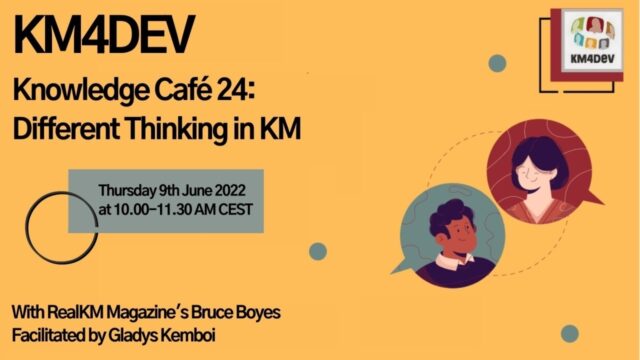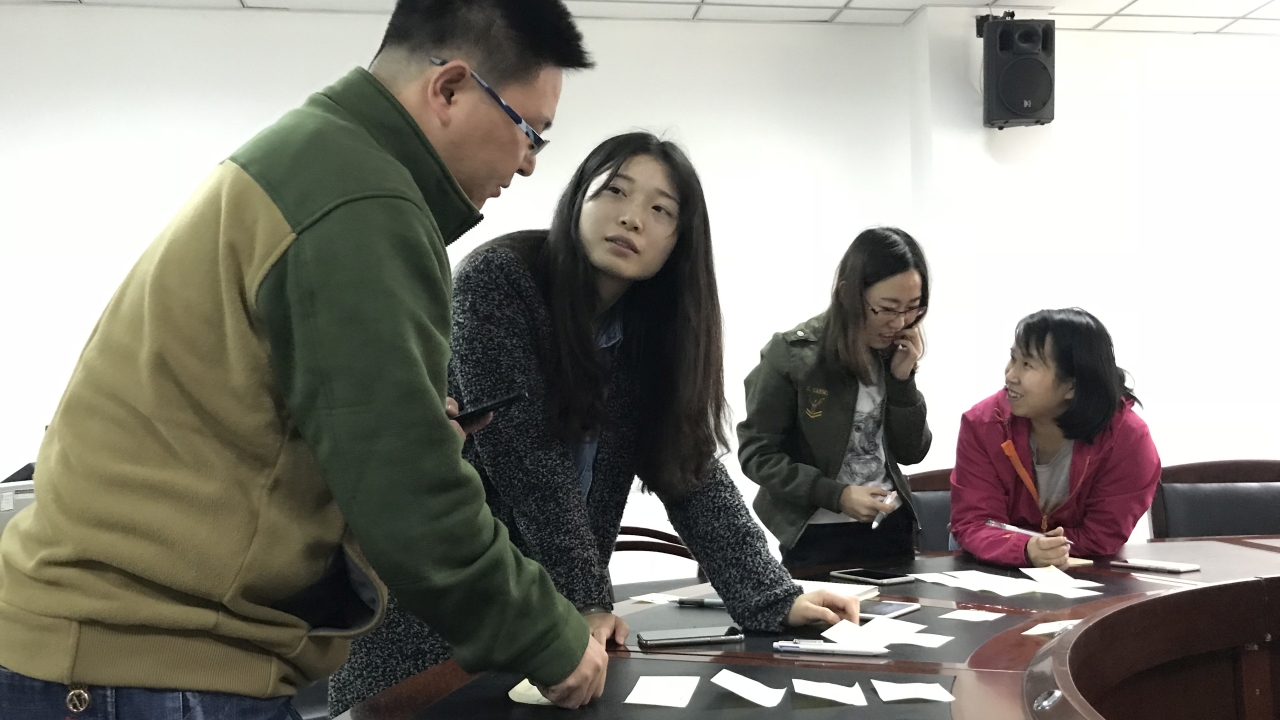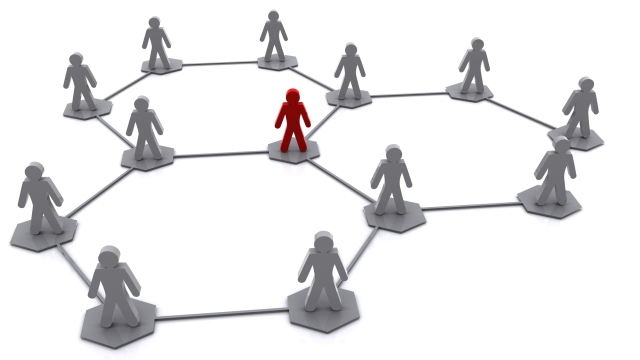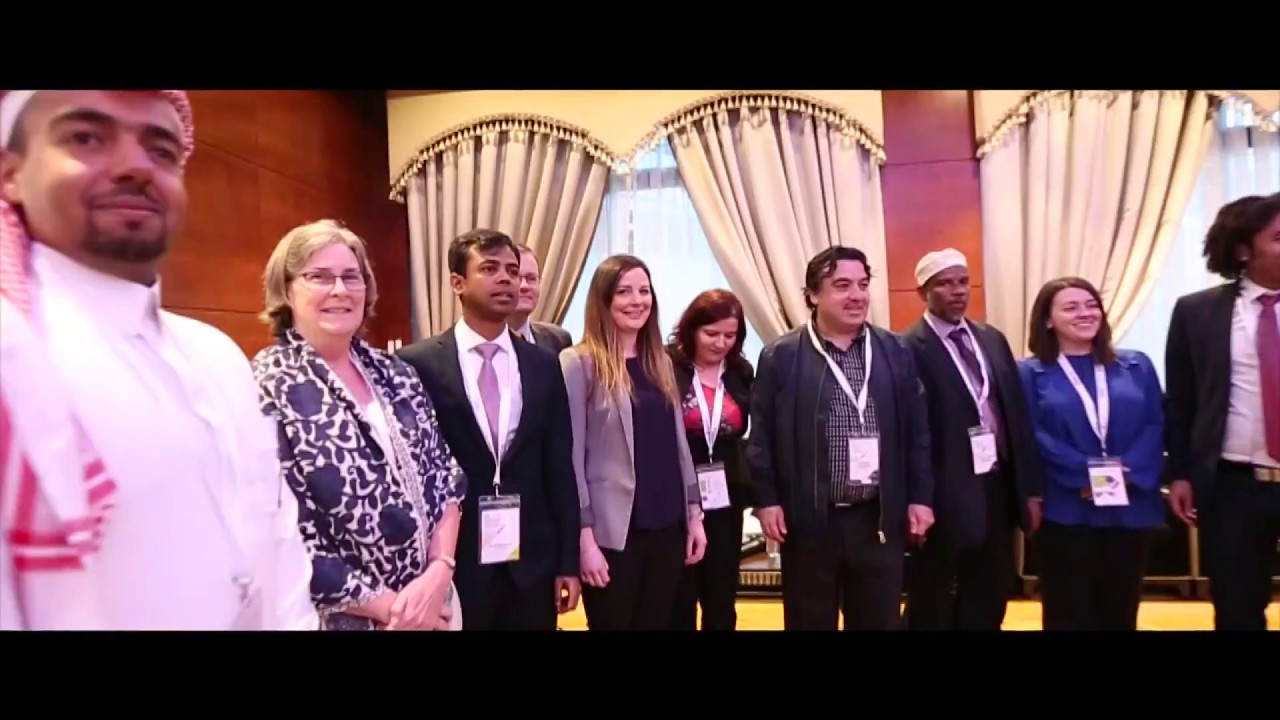
Knowledge management in Chinese genealogy
1. Introduction
The family tree (genealogy)1 is a form of table that “records the reproduction of a family lineage with blood relationship as the main body and the deeds of people.” There is no doubt that genealogy has high information value and is of great significance to historical research, folklore research and family cultural inheritance. However, many Chinese families do not make good use of knowledge management in their family tree. Yeh and Chen alert that2 “It is estimated that there are about sixty thousand titles of Chinese genealogies around the world … there are many valuable undiscovered phenomena in those genealogies to be revealed.”
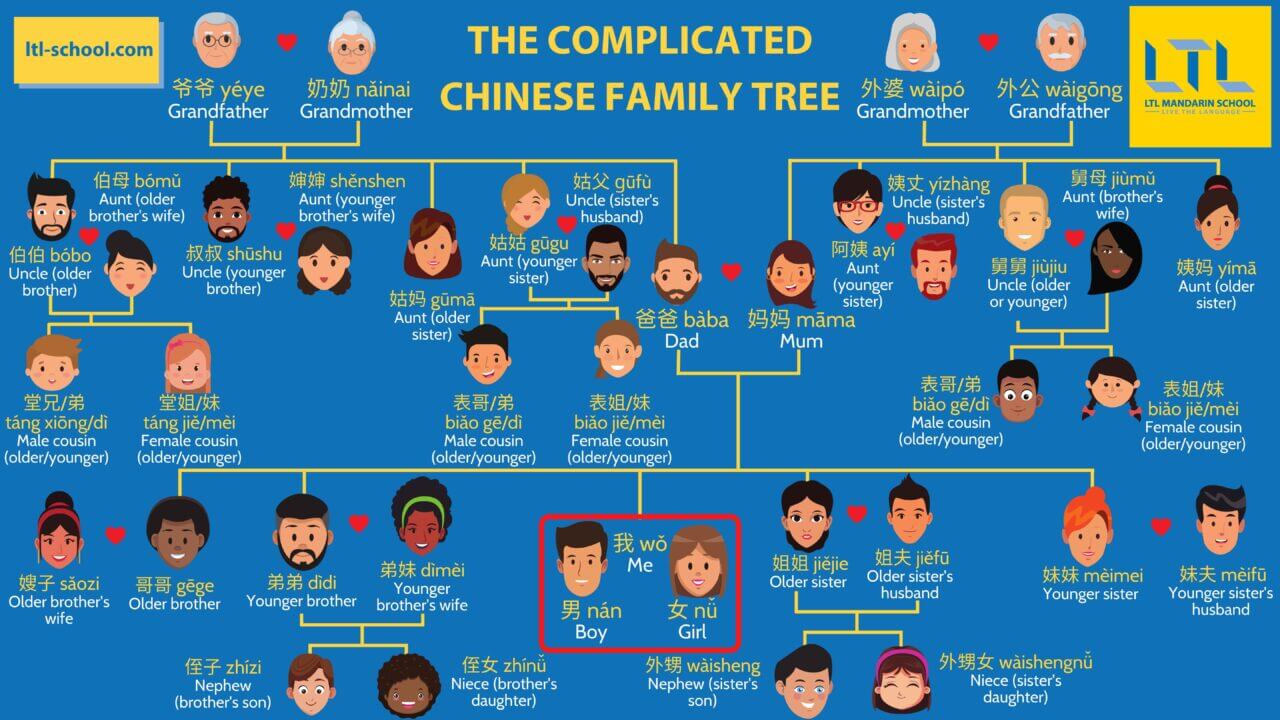
Chinese genealogy is now facing a crisis that makes the situation even worse. China is in the midst of a major social and family structure transformation which have not been seen in the past millenniums. China had transformed from a large clan society to a small husband-and-wife family society within two generations. According to Wang3, “Changes in the Chinese family structure since 2000 are evident in a significant decrease in the share of nuclear families; a considerable increase in the share of single- person families.” These trends indicate that the Chinese family structure is developing towards miniaturization and flattening. The one-child policy has wiped out the foundation of large clans and the cultural revolution irreparably destroyed the genealogy and the cultural foundation of clan culture. As a result, the motivation for the maintenance and restoration of Chinese family trees has gradually decreased in the past forty years. People are not interested in discovering the knowledge contained in genealogy, nor trying to use it.
However, we can still start from now, and make the best use of the knowledge in the family tree, so that it can play its due information value and social role. I will explain the process of knowledge management in genealogy from two aspects: the information value of genealogy, and the utilization & management of genealogy knowledge.
2. The information and knowledge value of genealogy
At present, academia has fully recognised the information value of genealogy. The history of a family is important material for family historical research as well as historical demography, history geography and human fertility research. In recent years, with the development of research, mining knowledge contained in genealogical archives is still going deeper. Feng Hulin thought4 “Family archives … come from the public concern and attention to family history, as well as the call for the collective memory.” Family size, life expectancy, and family gene sequence are explicit knowledge in genealogy, in summary, genealogy strengthens family members’ self-identity and helps to answer the question “who we are”. Making good use of these data will help avoid genetic diseases for family members and have a reference for a range of work such as population statistics.
For ordinary families, genealogy’s knowledge value is not limited to the inheritance of family history. Genealogy is also considered5 to have a unique value and educational significance for children’s education. The life experiences of family ancestors are an important reference and tacit knowledge for younger generations. The shared value of a family can not only provide direction and motivation for youngsters, but it can also strengthen the social assistance function of the community and cultivate unique family cultures.
At the social level, sustaining a close relationship with clan members has the social functions of dispute arbitration and leisure, which can serve as an important aid in maintaining social harmony and stability. At the same time, clan culture is also a good way to spread social values. For example, the worship of ancestors in Chinese culture echoes the social value of respecting elders. The family ethos and philosophy and social culture can be two interactive entities. If we can take a good creed from different family genealogies and spread it, we may be able to exert a positive influence on the social culture.
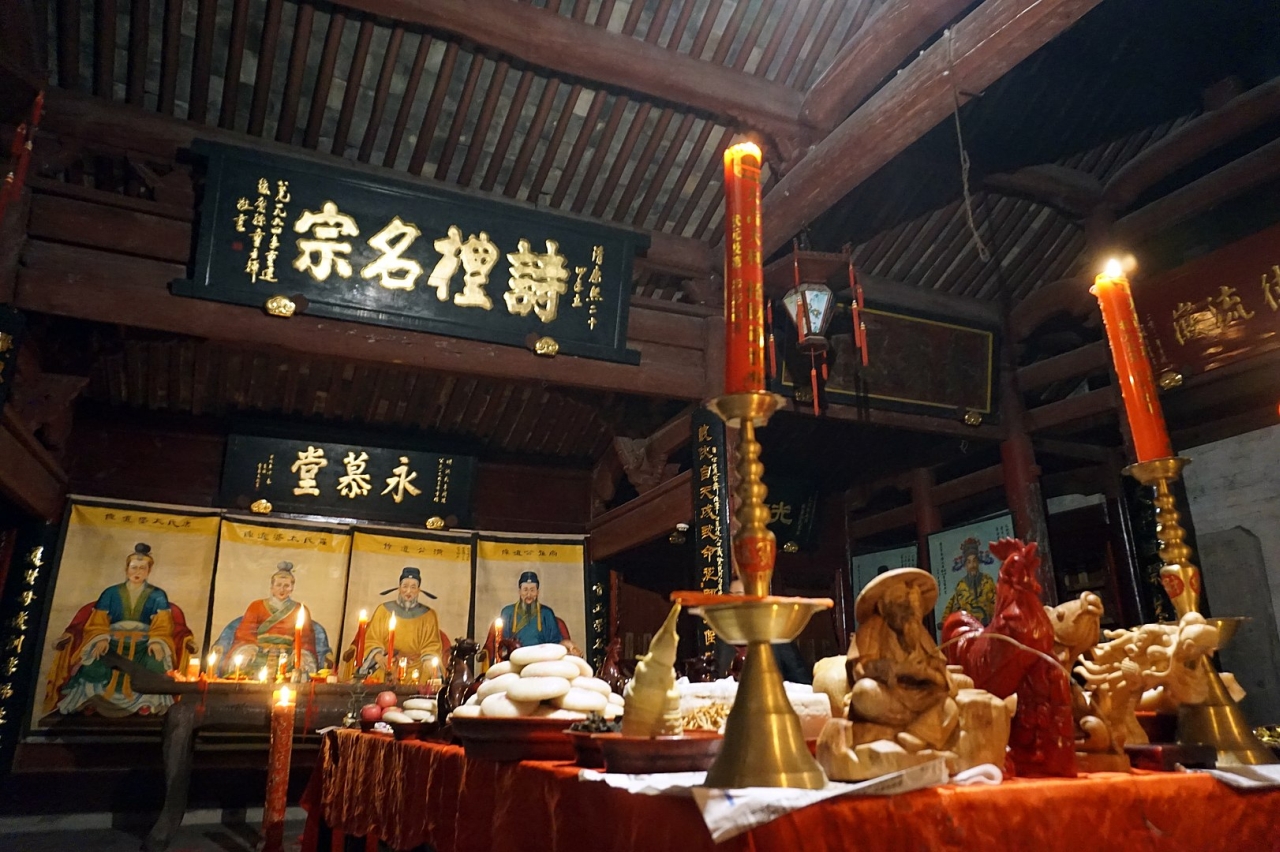
What is more, genealogical culture is also an important way to preserve minority cultures. In Latin America and Oceania, family scholars are more concerned with the discovery of indigenous cultures through genealogy. For example, Gutiérrez and Fernández examined the evolution of Indian tribes6 by comparing the development track of tribes that changed their family names after the Spanish conquest and those that did not, to explore their social and cultural significance for contemporary Mexican society. The culture of these marginalized groups in society should not be lost. Genealogy is a good carrier to pass on their unique cultures. For example, Hanrui Song conducted a study7 of Gelao genealogy to figure out the patrilineal blood group lineage culture of the Gelao nationality.
These genealogies, if well inherited and shared, will be an important tool for preserving cultural diversity in a time of increasing cultural convergence.
In conclusion, there is abundant both explicit and tacit knowledge of genealogy. Then how to use the knowledge is particularly important.
3. Utilization of genealogy knowledge
If we take genealogy as a knowledge market, then our ancestors are the knowledge sellers in it. As knowledge buyers, we must first identify the knowledge we need, then we can start to acquire it and codify it. To adapt to the current situation of the decline of clan culture, the use of genealogical knowledge must be innovative in both form and content. I will only offer a few personal views on how to use genealogical knowledge in this article.
3.1 Construct a community of practice through genealogical restoration activity
In the face of increasingly estranged clan ties, genealogy reconstruction can strengthen the ties between family members, re-establish communication communities and expand personal relationships. Given that in China, many people from the same clan are in the same profession as well. A community of practice can be established to bridge skill gaps and exchange lessons they learned from work and life. Once their experience and tacit knowledge have been codified and added to the genealogy, the communication and transmission of knowledge are accomplished unconsciously. The stored knowledge is accumulated generation by generation, and it will serve as a reference for all descendants of the family.
3.2 Create a knowledge-sharing family culture
Only by keeping the family culture of knowledge sharing and caring for the descendant in the genealogical text itself and making it into practice, can the family culture education make a real difference. Peer-to-peer knowledge sharing is the most common type of group learning. If family members can habitually learn from each other and exchange life experiences, then the family culture can be beneficial to the harmony and the long-term development of the family like any organizational culture.
3.3 Establish an online genealogy system
In countries with complete genealogical databases, sources of information are much more reliable. For example, Mandemaker and colleagues linked online data from the Dutch genealogy system LINK with the Dutch archives to reconstruct historical family trees8. The standardization of input and normal record linkage procedures makes it easier to maintain and develop a genealogy. At the same time, the genealogy system can also provide a place of knowledge storage and knowledge exchange for the family members. Organizational learning mechanisms can be established and family culture can be passed on.
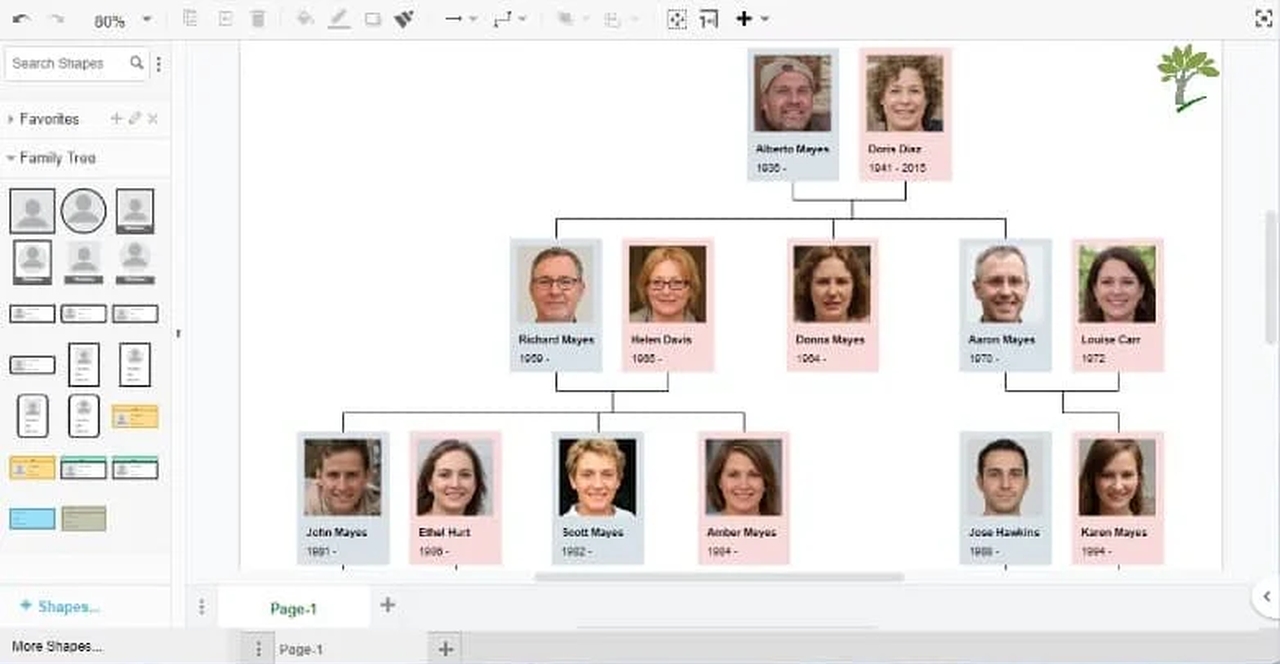
4. Conclusion
In conclusion, in the process of modernization, family culture and modern ideas interweave in Chinese society. Although young people seem not interested in genealogy and knowledge, they are still subtly influenced by it. It shows that the existence of a genealogy has certain adaptability and high information value in modern society. By making innovative use of genealogy knowledge, we may be able to stop the further decline of genealogy in modern China and make better use of family knowledge.
Article source: Adapted from Knowledge management in Chinese genealogy, prepared as part of the requirements for completion of course KM6304 Knowledge Management Strategies and Policies in the Nanyang Technological University Singapore Master of Science in Knowledge Management (KM).
Header image source: Matt Barber on Flickr, CC BY 2.0.
References:
- Xu, J. H. (2010). Chinese genealogy. (2nd edition). Baihua Literary Publishing House. ↩
- Yeh, J. H., & Chen, C. C. (2003). Knowledge management in a Chinese genealogy information system. In Digital Libraries: Technology and Management of Indigenous Knowledge for Global Access: 6th International Conference on Asian Digital Libraries, ICADL 2003, Kuala Lumpur, Malaysia, December 8-12, 2003. Proceedings 6 (pp. 427-431). Springer Berlin Heidelberg. ↩
- Wang, Y. (2014). An Analysis of changes in the Chinese family structure between urban and rural areas: on the basis of the 2010 National Census Data. Social Sciences in China, 35(4), 100-116. ↩
- Feng, H. (2017). Identity and archives: return and expansion of the social value of archives. Archival Science, 17, 97-112. ↩
- Hu, S. (2017). The educational implications of genealogy. Journal of Dali University, 2(5), 79. ↩
- Fernández, R. V., & Gutiérrez, C. E. (2020). Etnicidad y descendencia. Los incas hoy, de carne y hueso: Cusco 2020. Americanía: Revista de Estudios Latinoamericanos, (11), 160-192. ↩
- Song, H. (2021). Research of Collection Arrangement of Gelao’s Genealogy. Scientific and Social Research, 3(1). ↩
- Mandemakers, K., Bloothooft, G., Laan, F., Raad, J., Mourits, R. J., & Zijdeman, R. L. (2023). LINKS. A System for Historical Family Reconstruction in the Netherlands. Historical Life Course Studies, 13, 148-185. ↩



